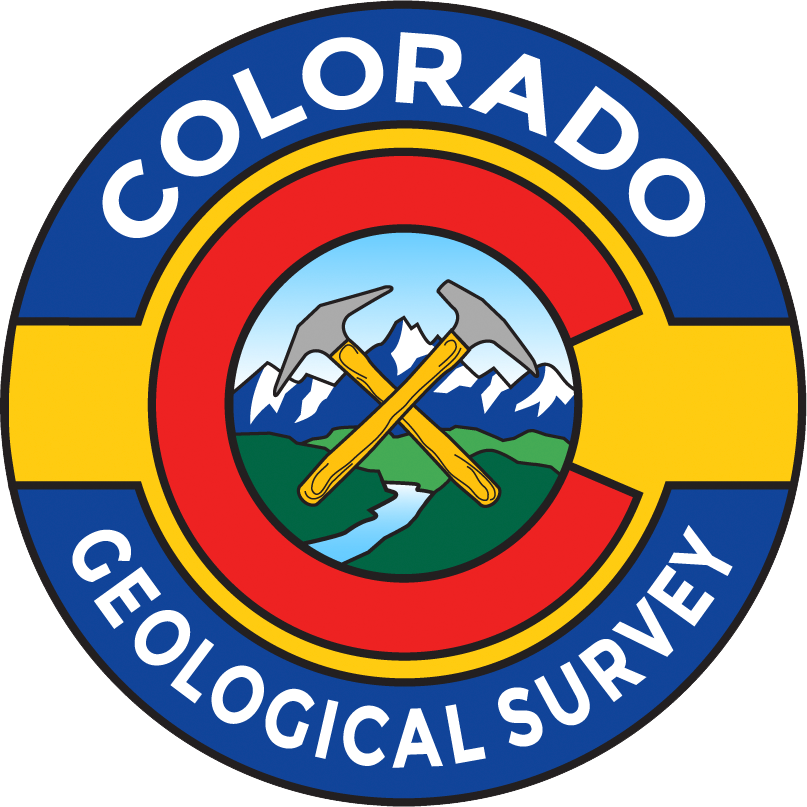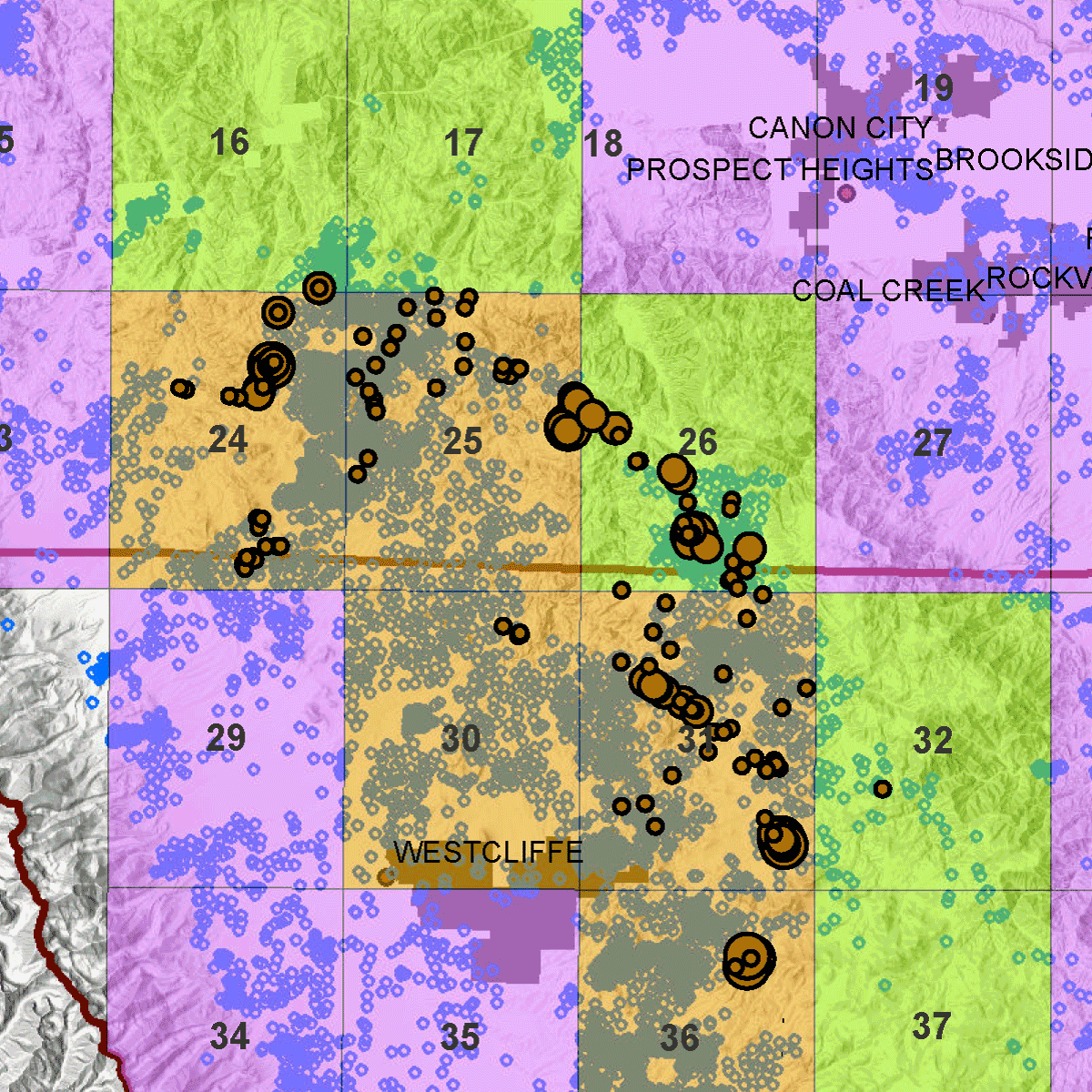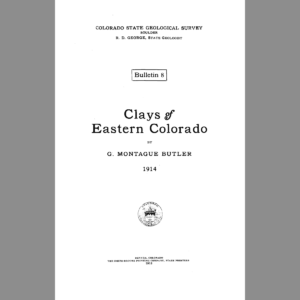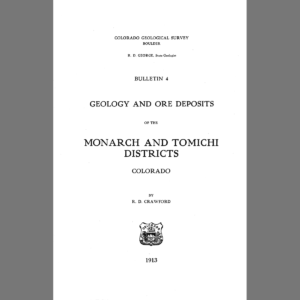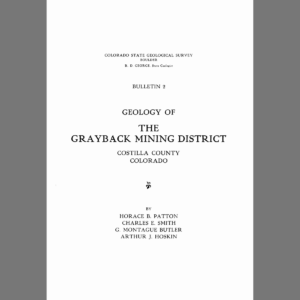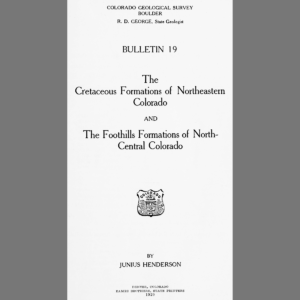Description
Funded through a grant from the Colorado Department of Public Health & Environment (CDPHE) the CGS is conducting a five-year baseline study of naturally occurring radionuclides and metals in groundwater samples obtained from privately owned residential water wells throughout Colorado. This report presents the methodology and available results from the first year of the study (2022) that focused on the Wet Mountains of south-central Colorado. It also includes supplementally-funded well-water sampling conducted in 2023. Digital PDF download. OF-22-10D
From the report:
The Wet Mountain Valley in Fremont and Custer Counties was selected for Year 1 of this study based on known deposits of thorium and to a lesser extent uranium associated with three alkaline intrusive complexes with associated dikes and faults. The complexes are in the central portion of the valley, generally at or near the Fremont-Custer County line. Associated dikes and faults extend further to the southeast.
The central area of the Wet Mountain Valley is part of a multi-year on-going CGS EarthMRI study focused on occurrences of rare earth elements (REEs) along with select metals (including thorium) in rock. The EarthMRI study consists of geologic mapping combined with associated rock sample testing. Most of the elevated concentrations in rock samples collected in the Wet Mountains alkaline complexes are associated with dikes, fracture zones, veins, and irregular masses. They have an overall northwest to southeast trend. Observations of residences near thorium-containing deposits during the EarthMRI study contributed to the selection of this area for Year 1.
